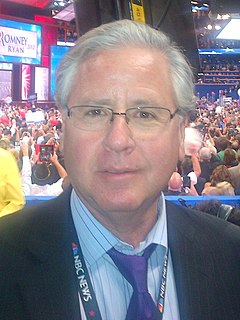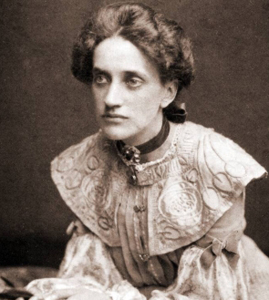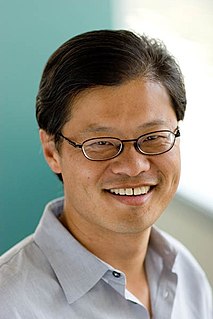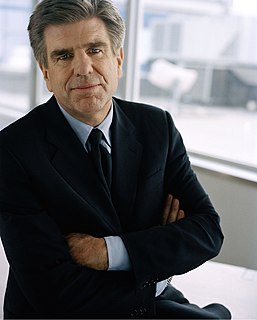A Quote by Michael O'Rielly
From commercial companies to political campaigns, advertising dollars are increasingly being spent on the web, rather than on traditional media. Jeopardize this arrangement and a vast number of free Internet features and functions will evaporate in short order.
Related Quotes
Observing and understanding the social media phenomenon is one thing-leveraging this trend for advertising purposes is quite another. While most companies recognize the value of social media advertising opportunities, not many have figured out how to execute these kinds of campaigns and the unique risks they entail because of the potential that a viral marketing effort can backfire and actually harm a brand.
Advertising and the free society are closely connected. Advertising helps to make a free society remain so by increasing competition, and by helping to maintain the freedom of the mass media themselves. The free society is one where advertising and advertising agencies are likely to be in considerable demand, though it is true that even in a totally centralist society there would still be a need for organisations and people to have access to mass communication media.
ISIL's widespread reach through the Internet and social media is most concerning, as the group has proven dangerously competent at employing such tools for its nefarious strategy. ISIL uses high-quality, traditional media platforms as well as widespread social media campaigns to propagate its extremist ideology.
(Howard Dean) is proving that the Internet is a better, cheaper, and faster way to raise money than the old glad-handing of special interests and fat cat donors. He's also about to demonstrate that the Internet is a better place to spend campaign dollars than are TV stations and media time buys. The fact that Internet communications is free makes one-on-one retail politics more effective, more rapid, and less costly than mass communication.
When I was 14, I spent a huge amount of time on the Internet, but not the Internet we know today. It was 1994, so while the World Wide Web existed, it wasn't generally accessible. Prodigy and CompuServe were popular, and AOL was on the rise, but I didn't have access to the web, and no one I knew had access to the web.


































